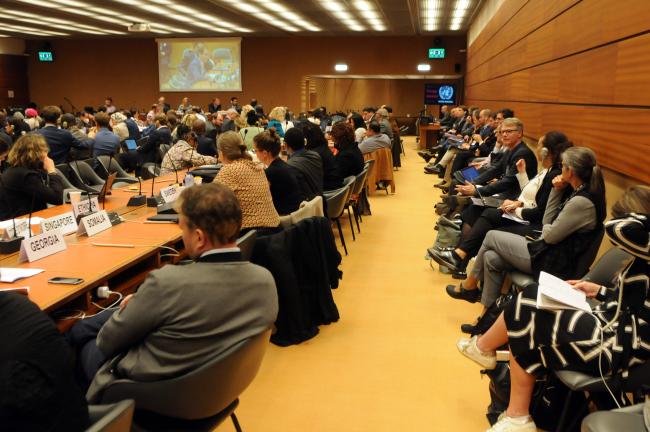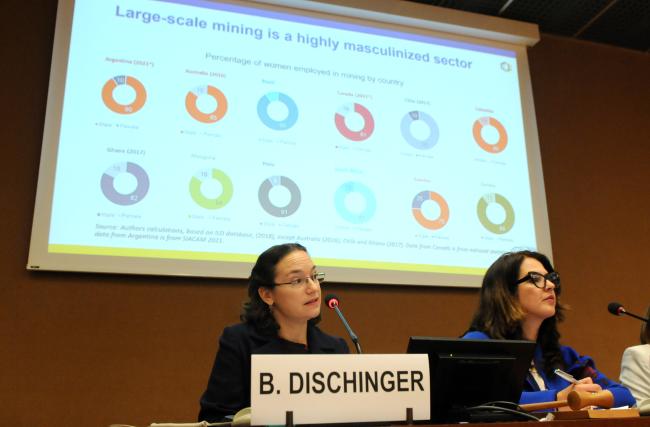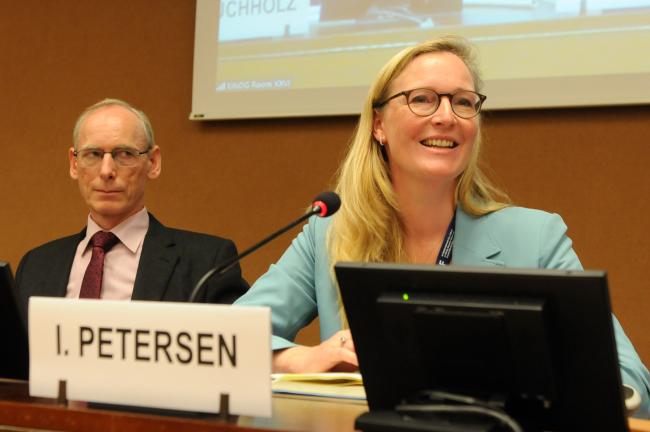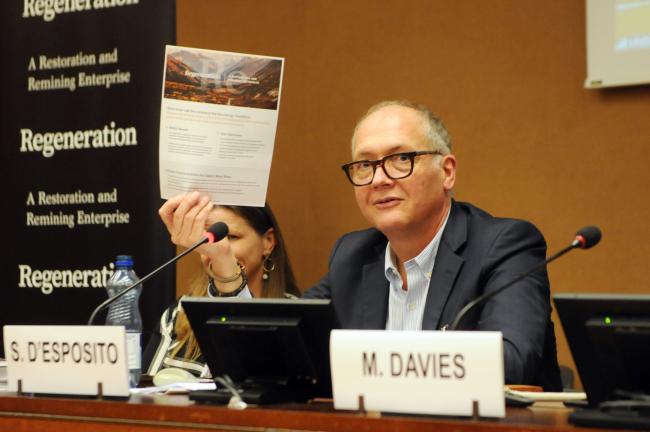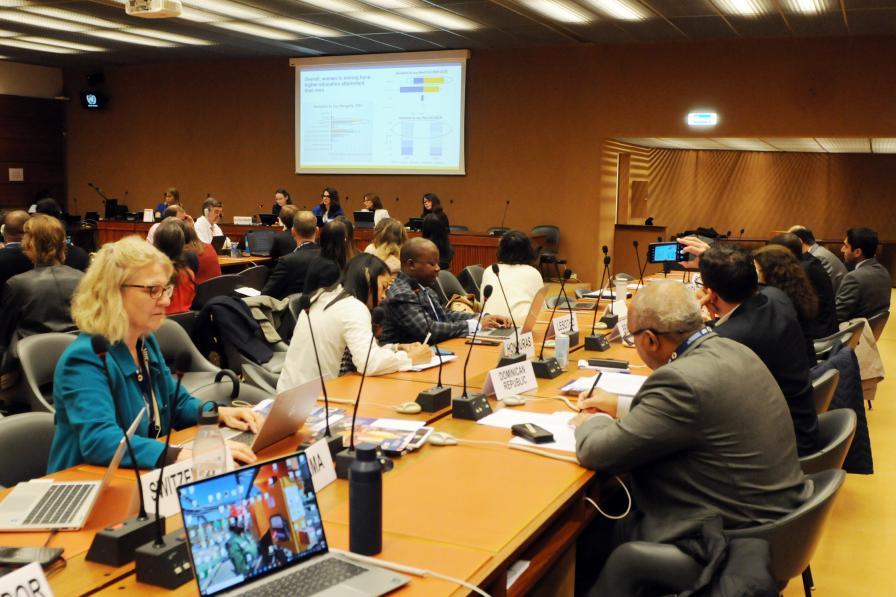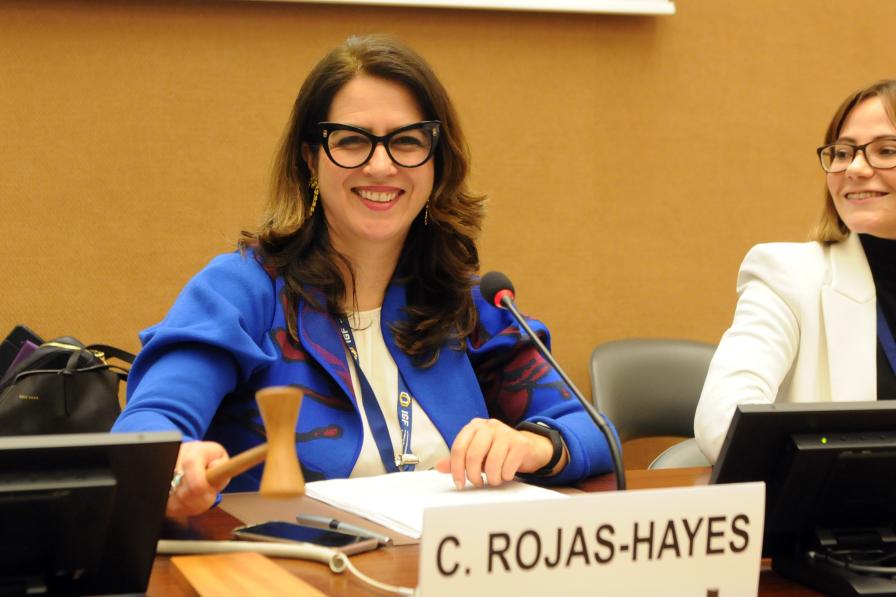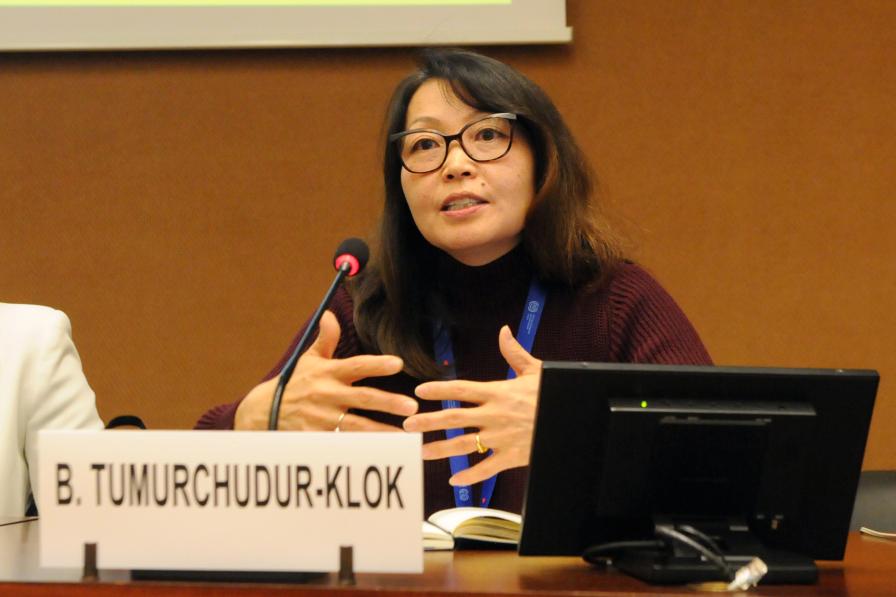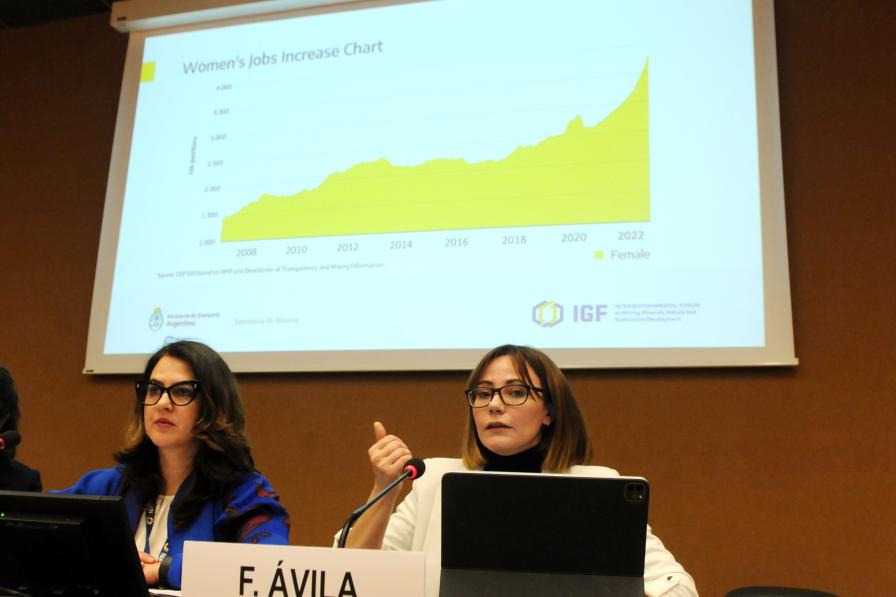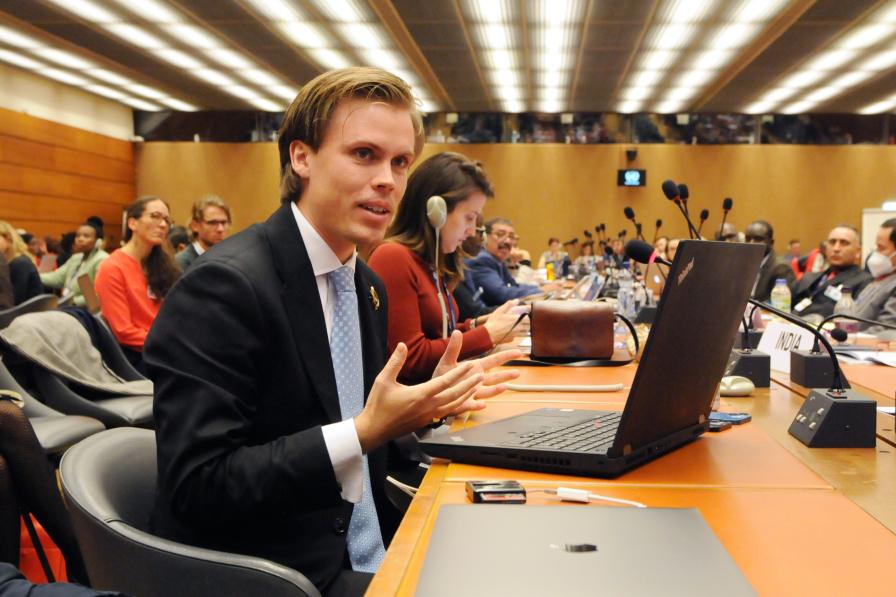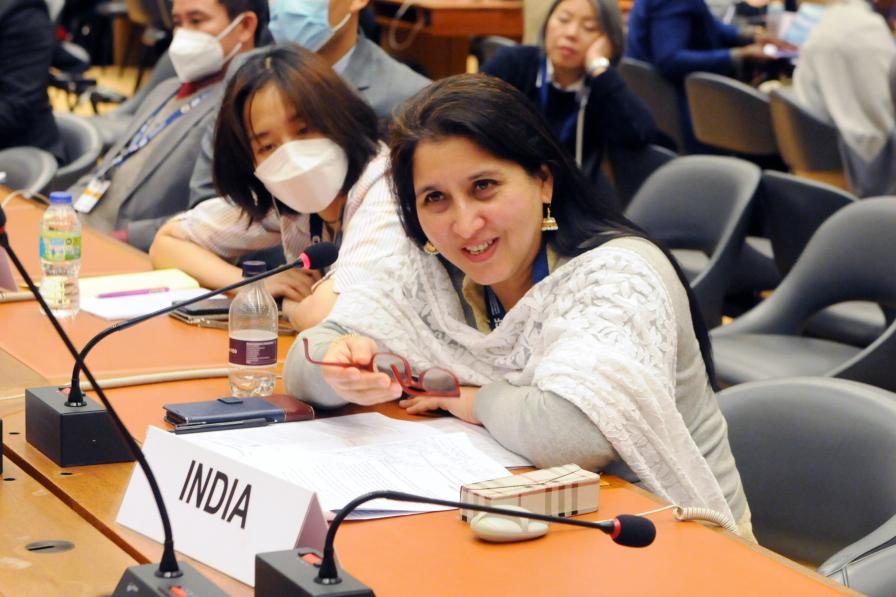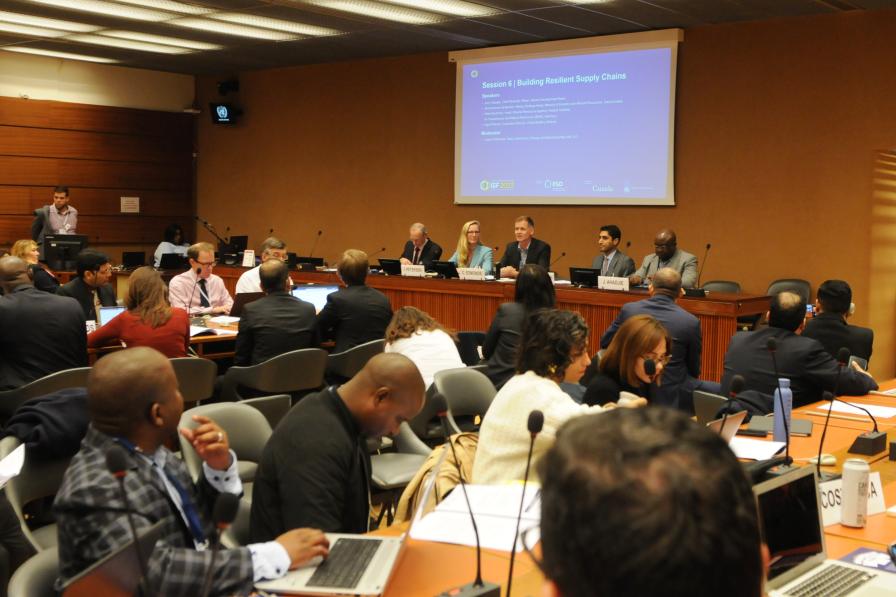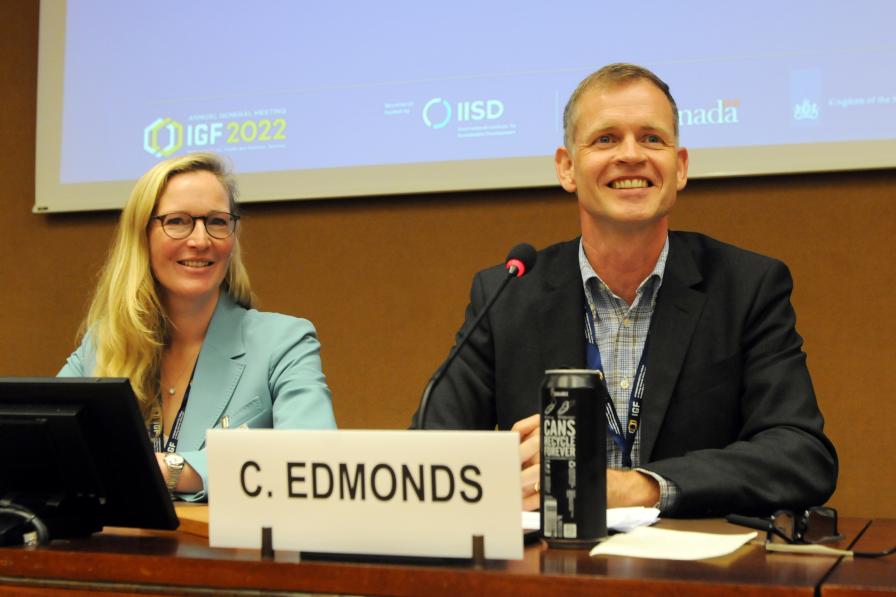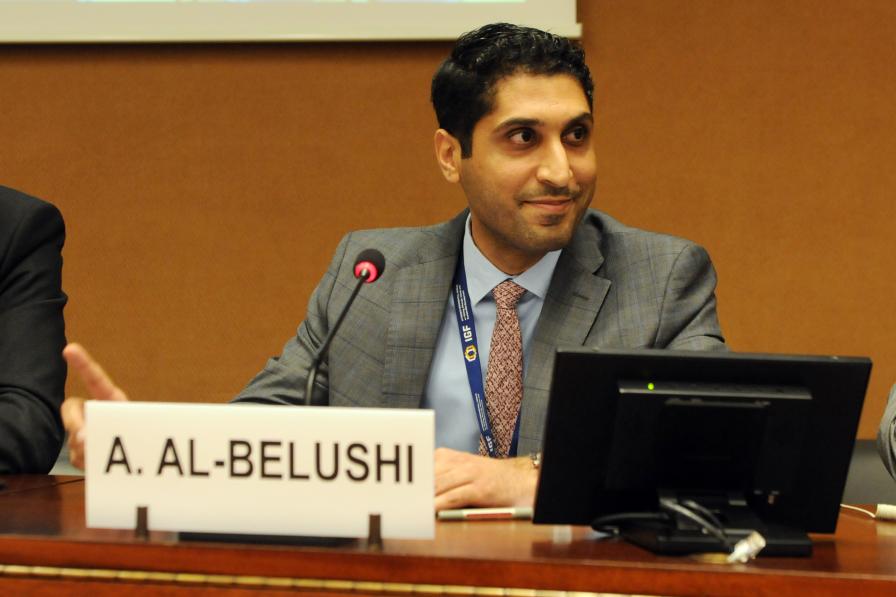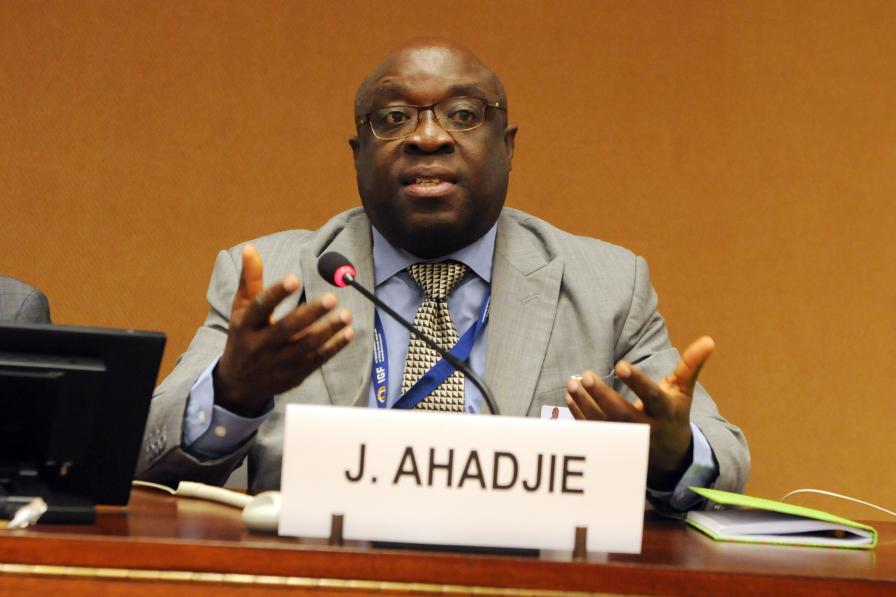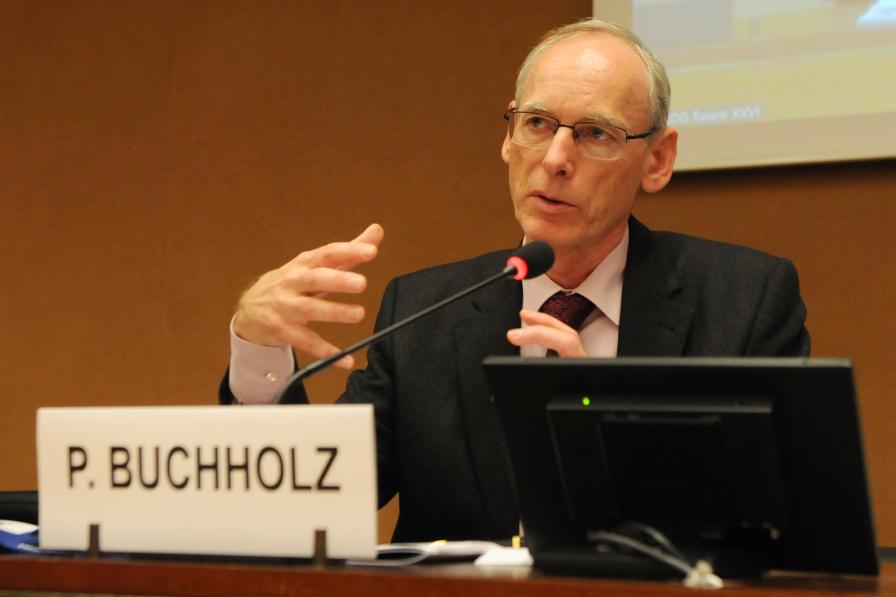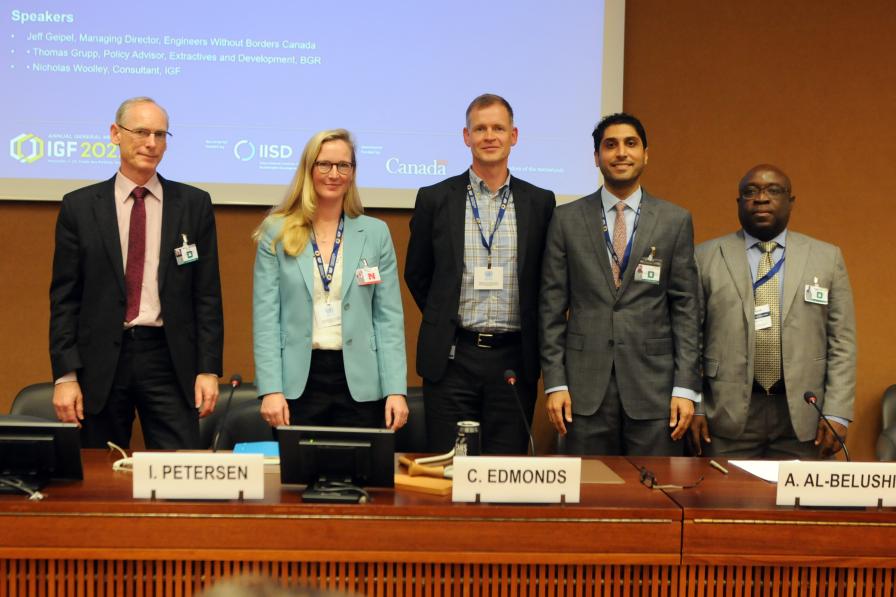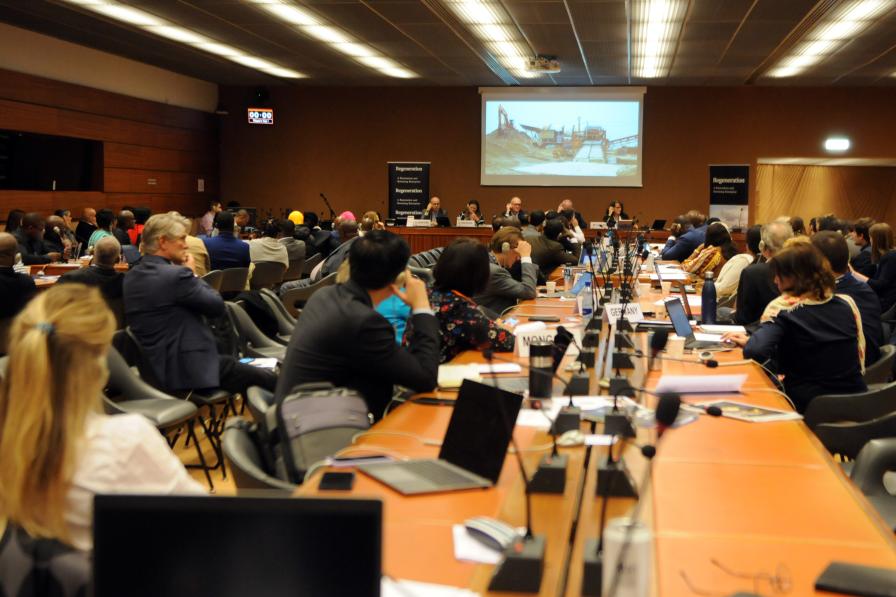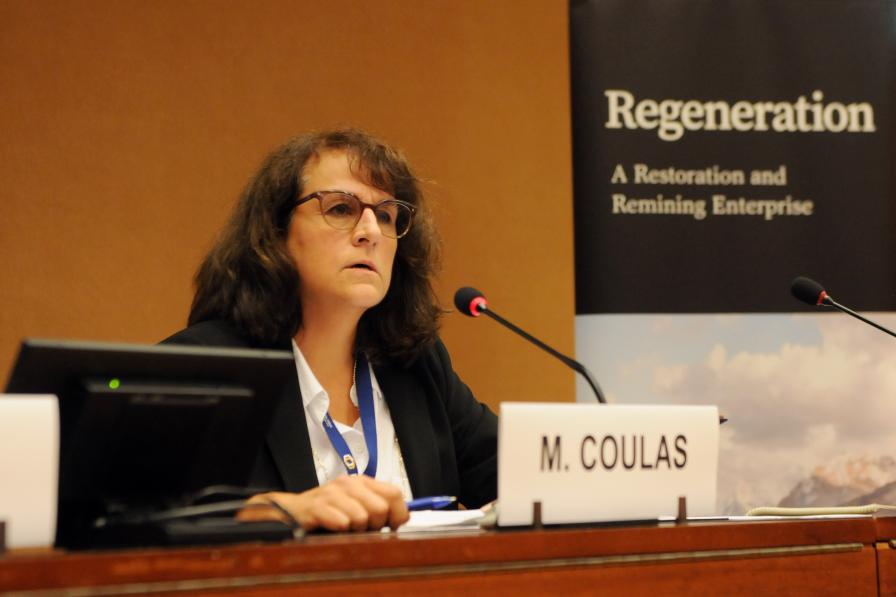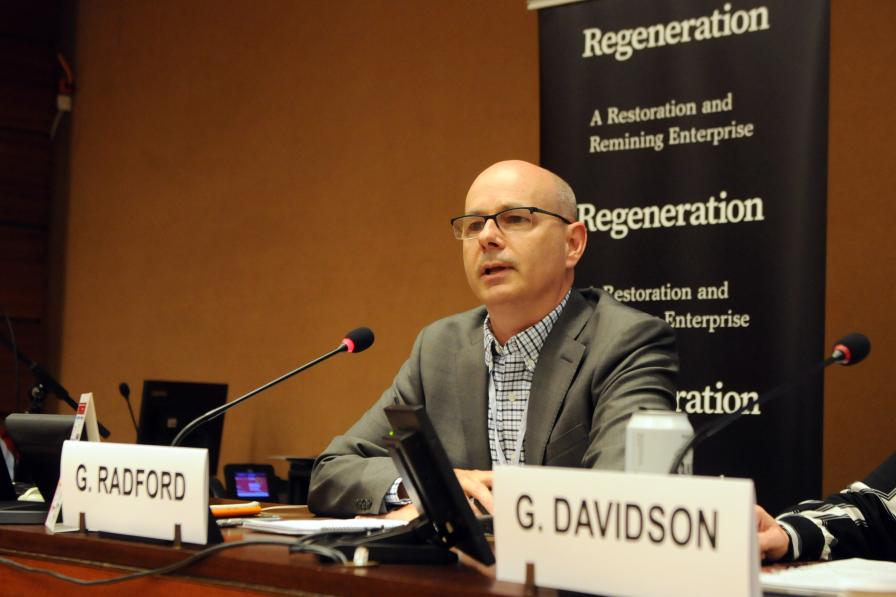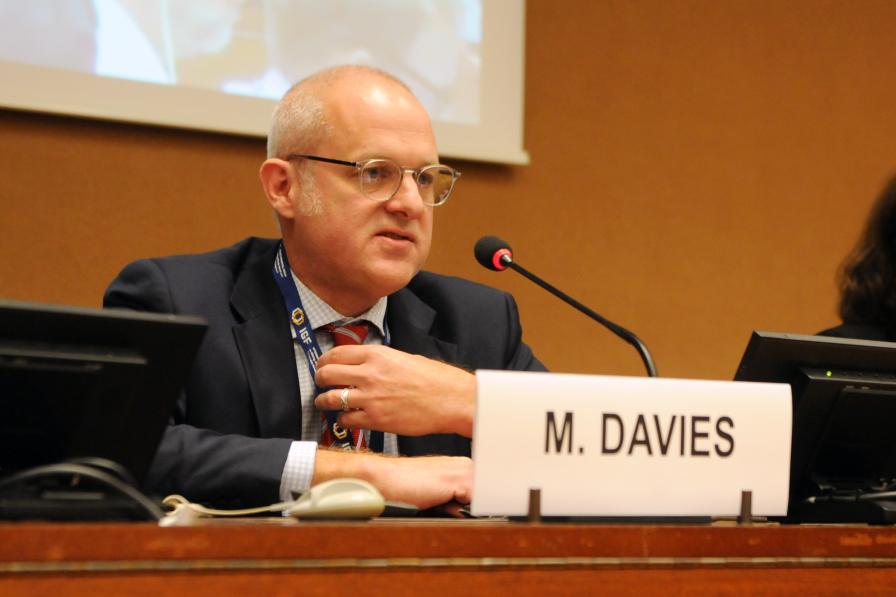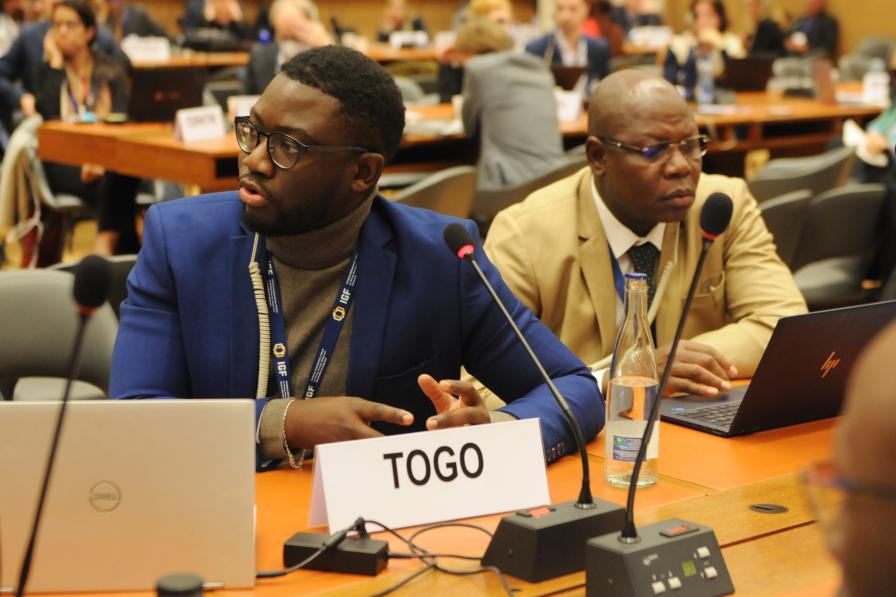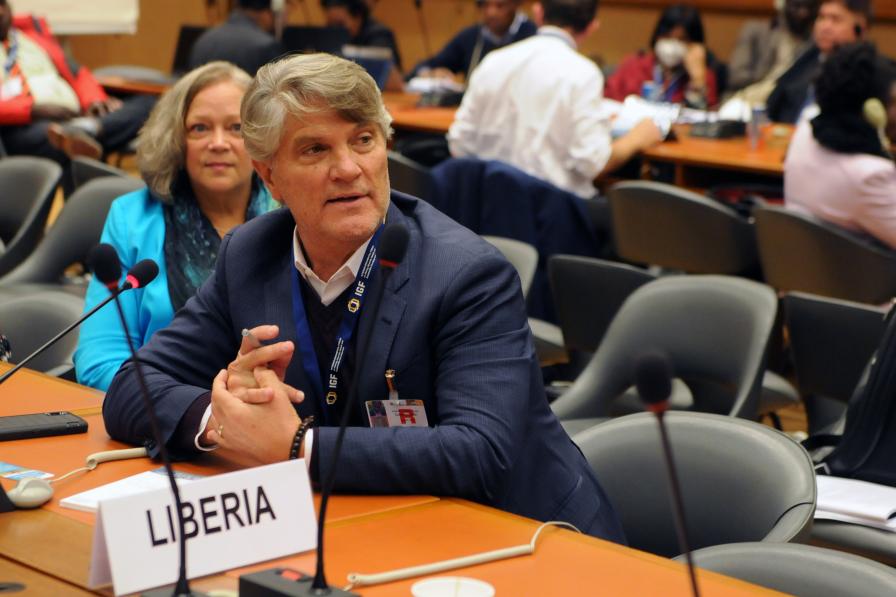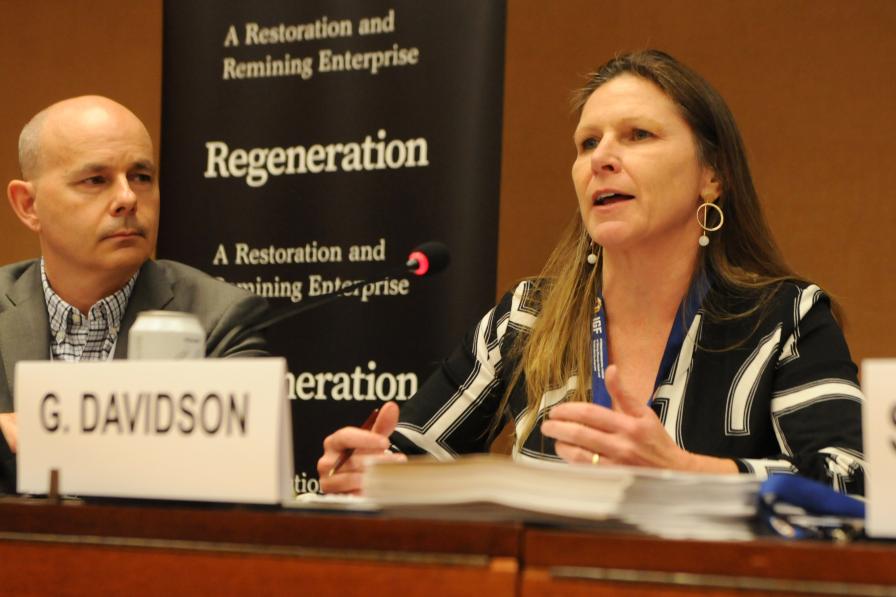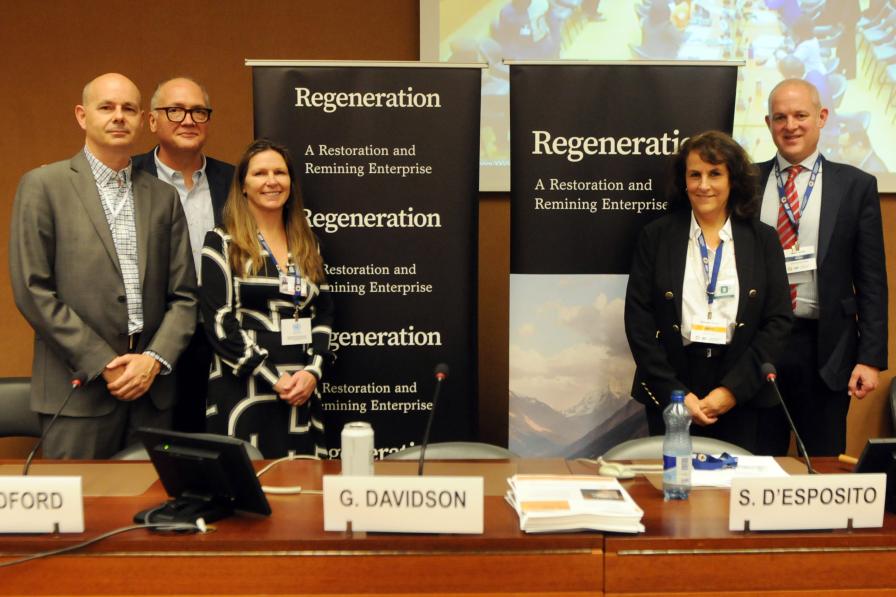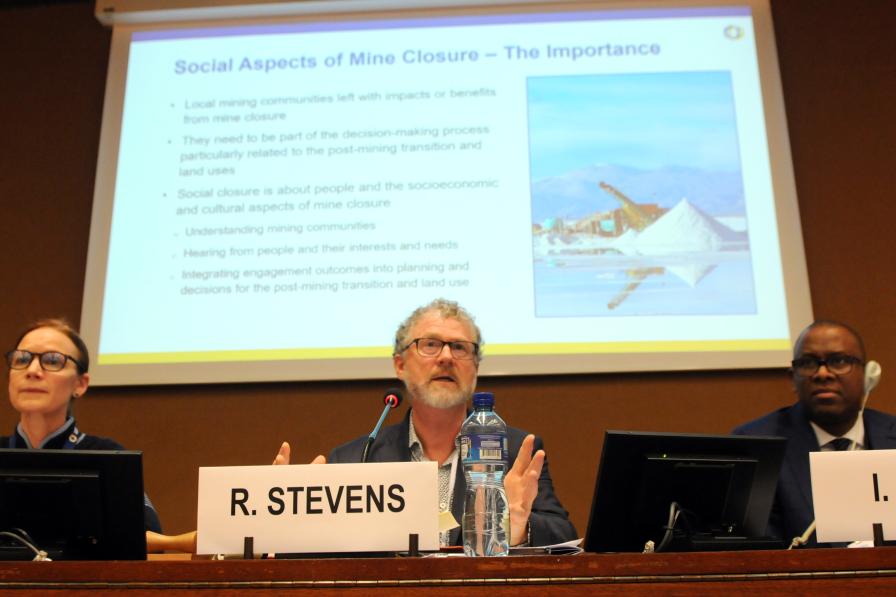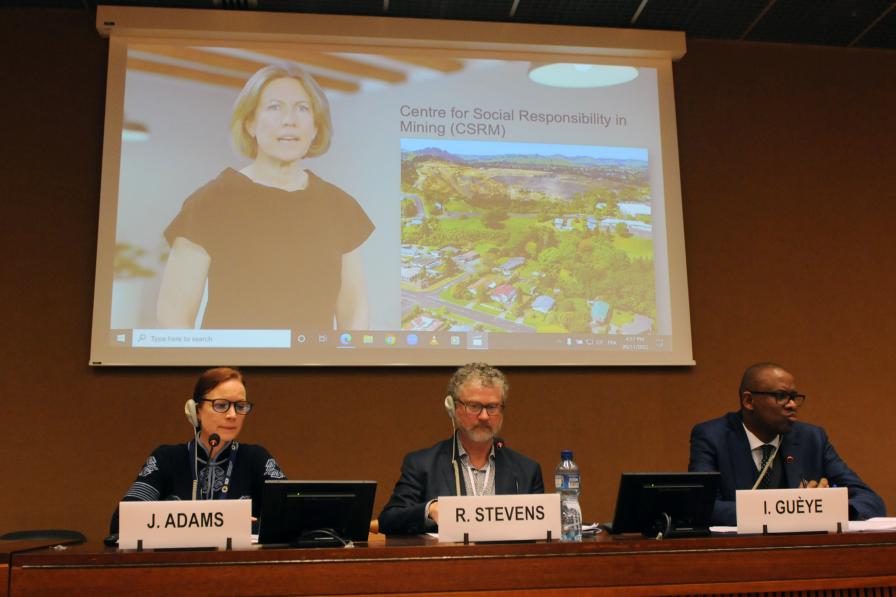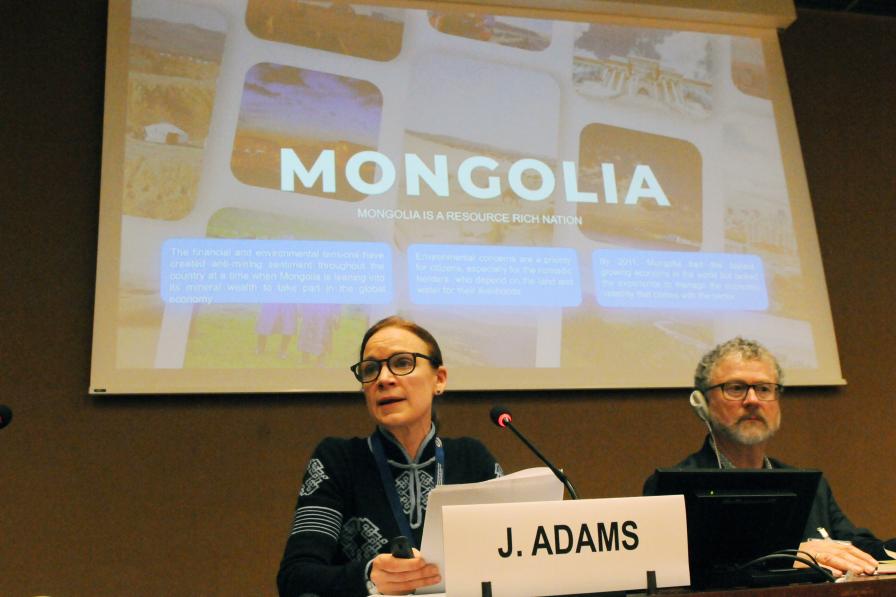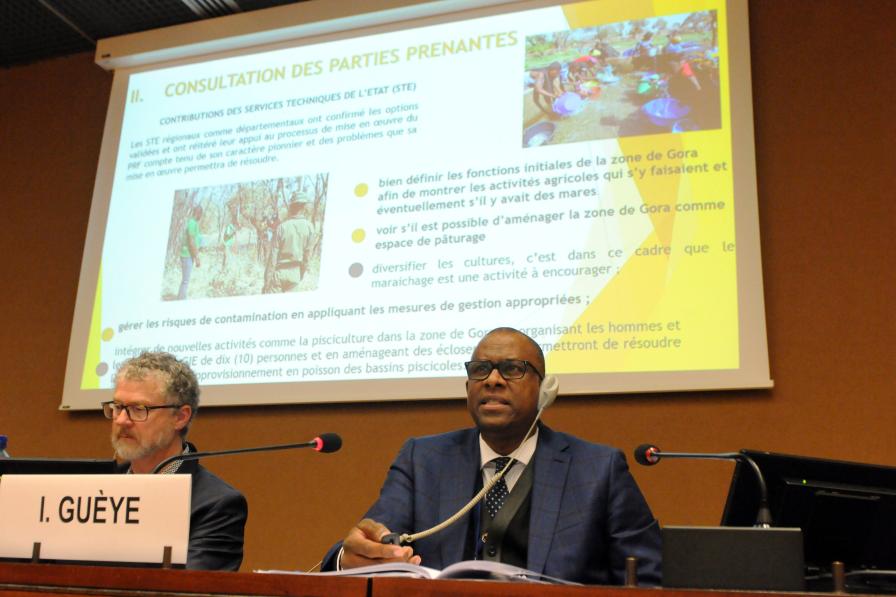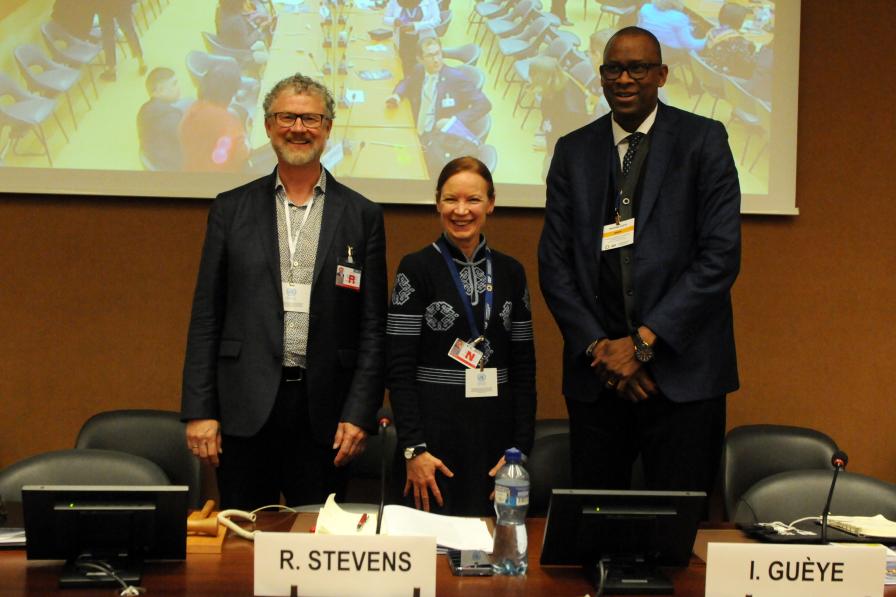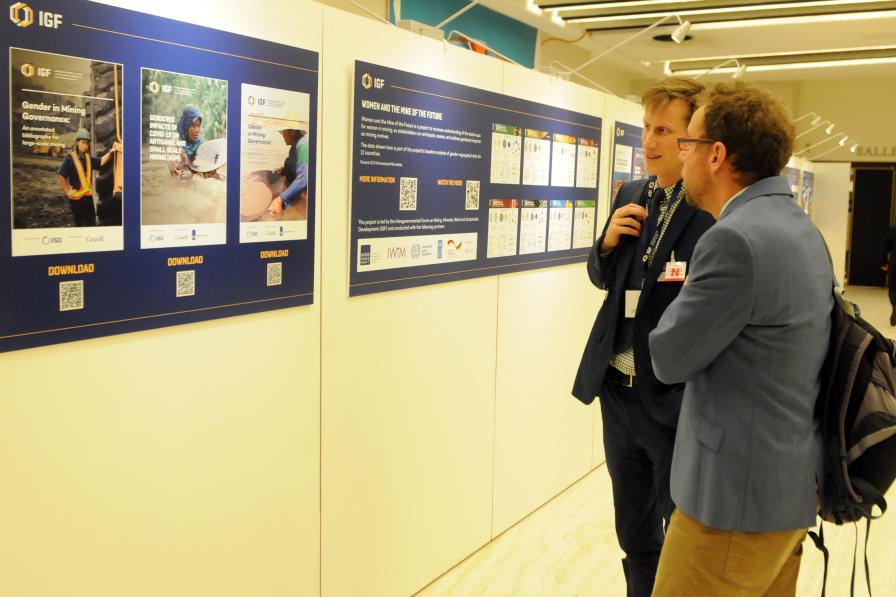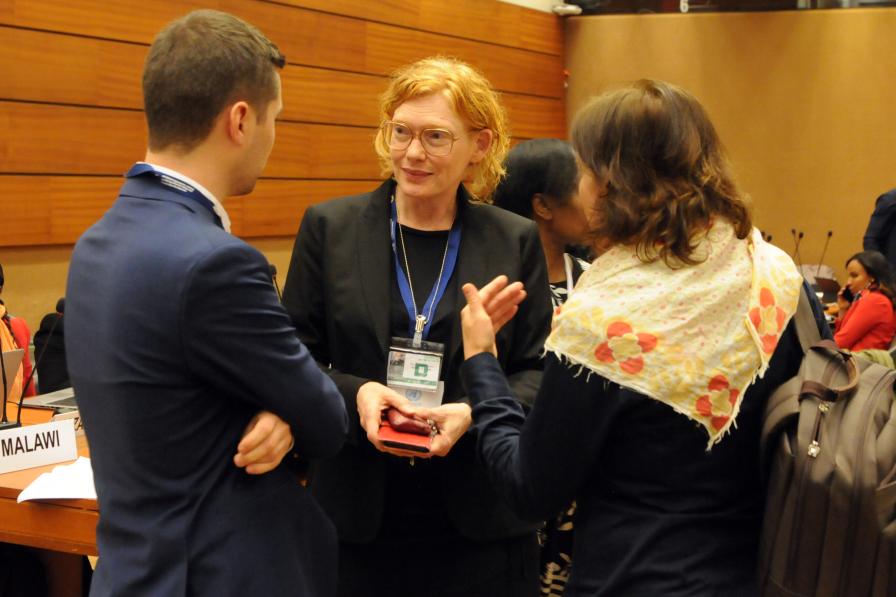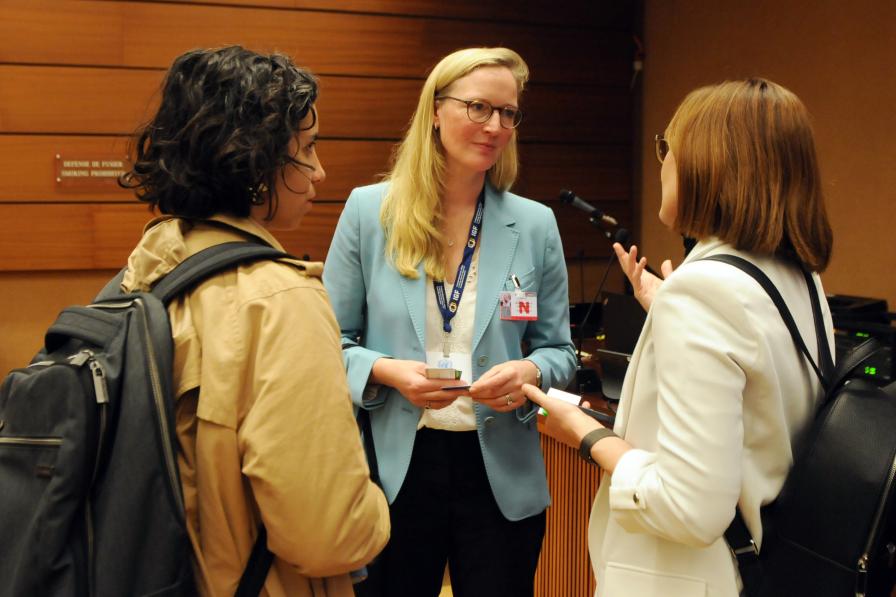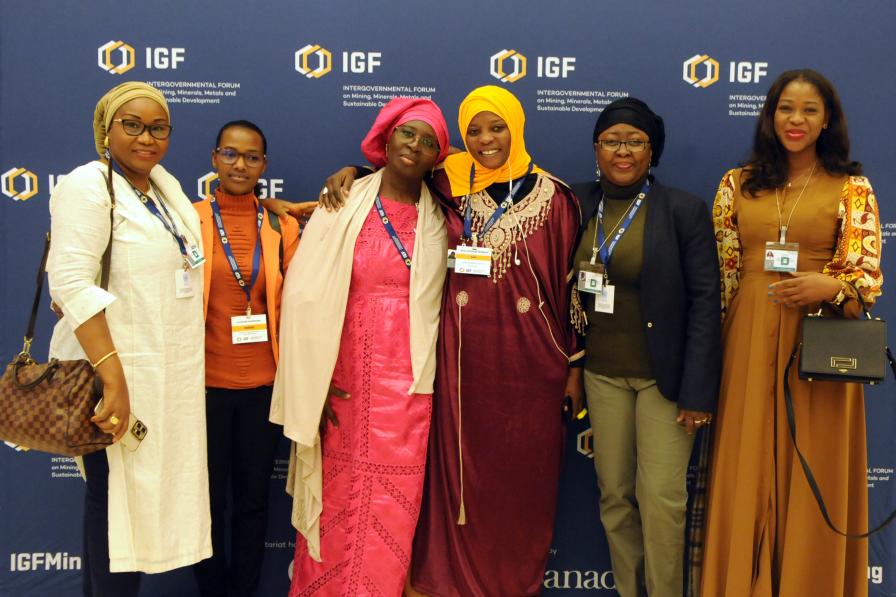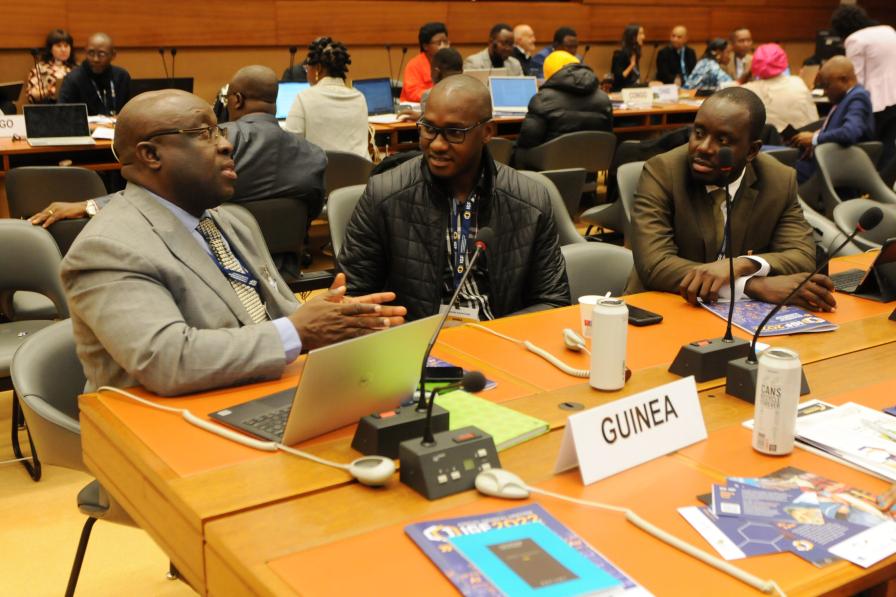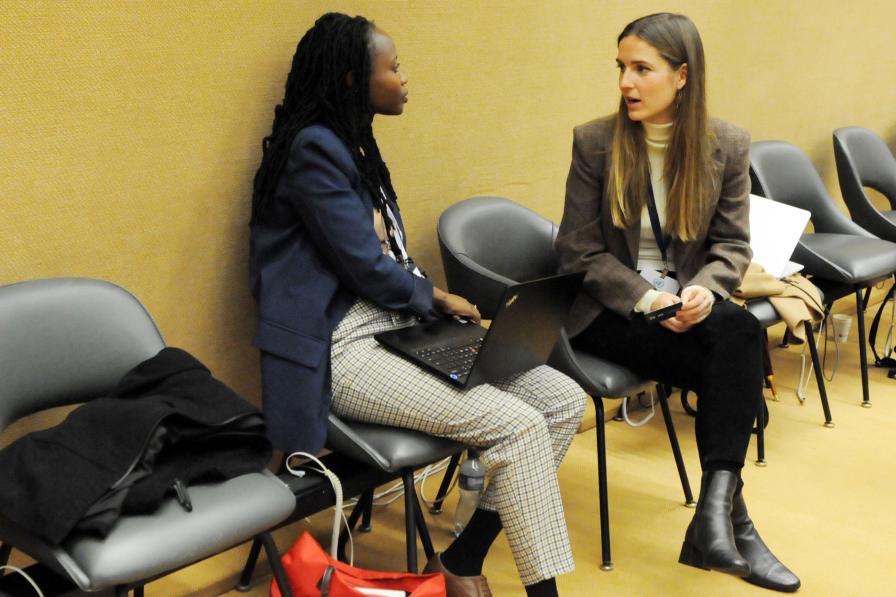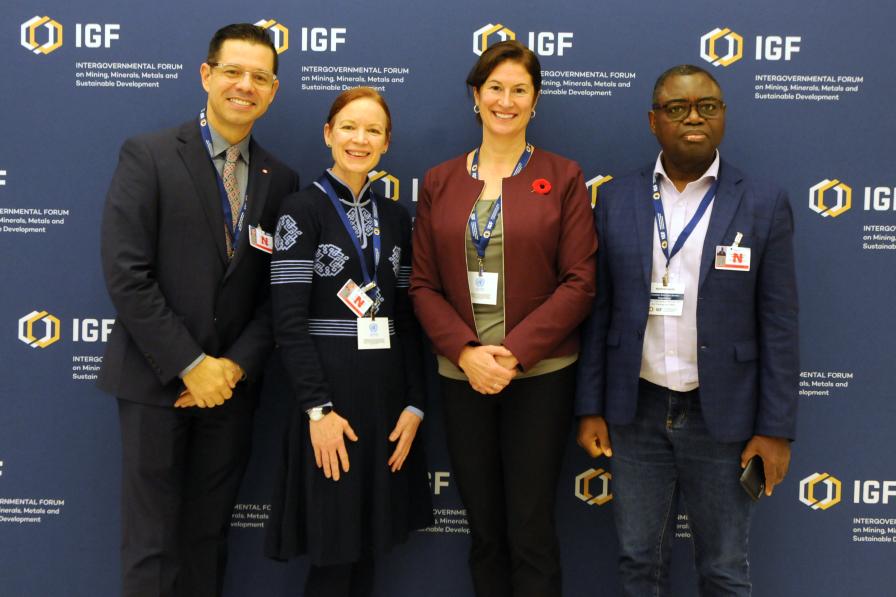On its second day, the 18th Annual General Meeting (AGM) of the Intergovernmental Forum on Mining, Minerals, Metals and Sustainable Development (IGF) held four thematic sessions focusing on women in the future of mining, building resilient supply chains, re-mining legacy mines and mine waste for critical minerals, and integrating social and community considerations in mine closure and post-mining transition.
In the session on women in mining, International Women in Mining (IWiM) Director Barbara Dischinger outlined key findings from 12 countries. Fernanda Ávila, Mining Secretary, Argentina, noted that despite growth in mining employment in her country, women only constitute 10% of the workforce and stereotypes persist. Bolormaa Tumurchudur-Klok, International Labour Organization (ILO), reviewed global drivers changing all employment, including in the mining sector. John Lindberg, International Council on Mining and Minerals (ICMM), noted ICMM updated its Mining Principles in June 2022 to include additional actions to eliminate all forms of harassment and unfair discrimination and set out proactive steps to achieve gender equity.
On resilient supply chains, Abdulrahman Al Belushi, Ministry of Industry and Mineral Resources, Saudi Arabia, outlined the importance of unlocking exploration and development of minerals through, for example, revising mineral codes, accelerating exploration licenses and making geological data public. Jerry Ahadjie, African Development Bank (AfDB), discussed key obstacles for the implementation of resilient supply chains in Africa. Inga Petersen, Executive Director, Global Battery Alliance (GBA), highlighted challenges for the battery supply chain. She also discussed GBA’s “battery passport” that will include information on tracking and tracing of material flows. Peter Buchholz, Federal Institute for Geoscience and Natural Resources, Germany, outlined how the European Union (EU) and Germany are addressing supply chain risks, such as through the EU’s proposed Corporate Sustainability Due Diligence Directive and EU Critical Raw Materials Act.
Regarding re-mining for critical minerals, moderator Steve D’Esposito, Founder and CEO, Regeneration Enterprises, and President and CEO, RESOLVE, suggested tailings are not just waste, but provide ecological and community development opportunities. Maureen Coulas, Natural Resources Canada, explored the reasons for the recent changes in how mine companies regard mine waste. Mark Davies, Chief Technical Officer, Rio Tinto, mentioned having significant closure obligations, driving the compulsion to extract any potential remaining minerals. Following a video showing a restoration project in the Jack Wade Creek tributary of the Fortymile River in Alaska, panelists considered motivations and driving factors for pursuing re-mining and regeneration activities.
On social and community considerations in mine closure, moderator Rob Stevens, IGF Secretariat, provided an overview of the role of government in social aspects of mine closure, including: setting policies and regulations; requiring environmental and social impact assessments; ensuring international agreements and leading practices are followed; requiring the formation of closure committees; and setting standards for workforce and community transition. Sarah Mackenzie, Sustainable Minerals Institute, University of Queensland, Australia, discussed participatory processes in mine closure planning, stressing that participation of all stakeholders is key and “it’s not so much what you do but how you do it.”
Jennifer Adams, Canadian Executive Service Organization (CESO), discussed the Salkhit Silver Mine Closure Plan Pilot Project, which will set standards for industry in Mongolia and identify any updates needed in that country’s mining regulations. Presenting his country’s first mine closure event, Ibrahima Guèye, Secretary General, Ministry of Mines and Geology, Senegal, described key recommendations for the closure process that were developed jointly with the local communities and were further developed into an action plan, thereby ensuring positive social outcomes.
All ENB photos are free to use with attribution. For IGF AGM-18 please use: Photo by IISD/ENB | Diego Noguera
To receive free coverage of global environmental events delivered to your inbox, subscribe to the ENB Update newsletter.

